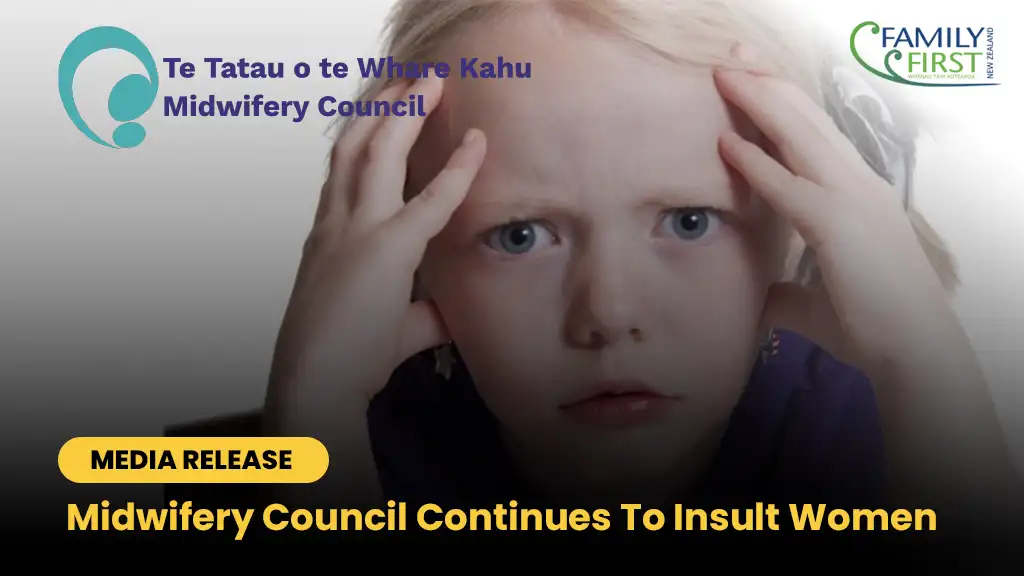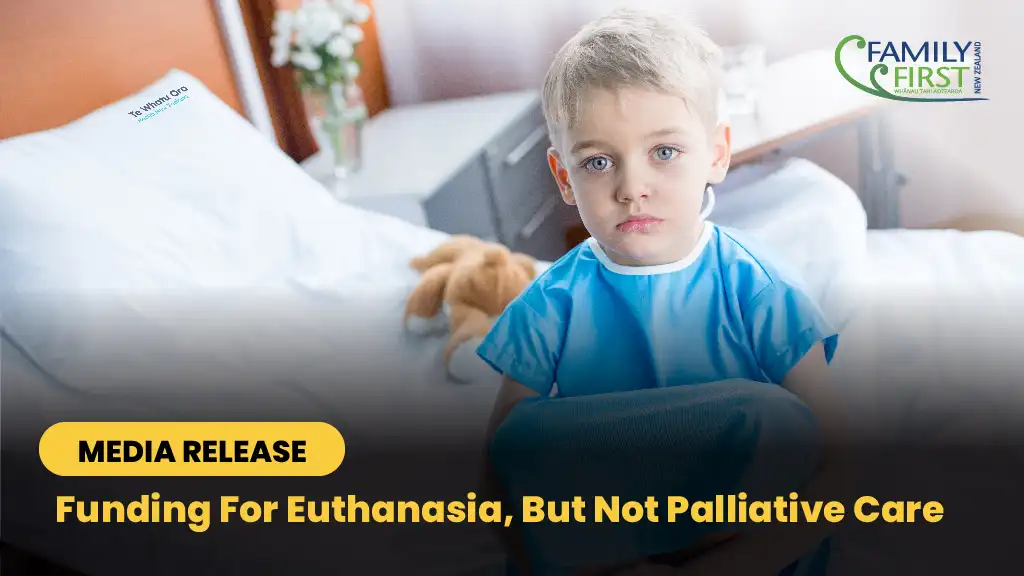Source:
The investment in the future reliability of State Highway 59 between Pukerua Bay and Paekākāriki marks another milestone next week.
Since January, Wellington Transport Alliance work crews have been conducting rockfall protection work, above the highway near the site of a major slip in 2022.
Roxanne Hilliard, Alliance Manager, says it is being done to reduce the rockfall risks this highway corridor faces.
“Many rockfalls have occurred on this site and the cliff-side was unstable. To fix this we have had abseilers carrying out rock-scaling, removing dangerous debris, and installing additional rock anchors and protective netting.”
Ms Hillard says this work is due to finish in the next week, but more work in this area is planned to start immediately after.
“The seawall below the highway is the next job on our list. As soon as the rockfall protection works are finished, our crews will begin repairing and improving it.”
“The seawall is a major line of defence for the highway, protecting it from high seas and coastal erosion. It is a critical piece of infrastructure that cannot deteriorate further,” Ms Hilliard says
Work crews will be installing new erosion protection measures, fixing safety barriers, and repairing the footpath that runs alongside the highway. The project is expected to continue until late May.
Ms Hilliard says the traffic management currently in place, weekday stop/go traffic controls between 6 am and 4:30 pm, will remain in place.
“It means drivers can expect delays similar to what they have already been experiencing when travelling through the area. However, we ask that the public bear with us and be patient while our crews complete this project.”
“Investing in protecting this section of State Highway 59 now, is critical for preventing potentially bigger problems and major disruptions in the future,” Ms Hilliard says.
More Information
- This is a low-cost, low-risk resilience project funded from the National Land Transport Programme (NLTP)
- Total works on this site, rockfall and seawall, have an estimated cost of $1.2 million

